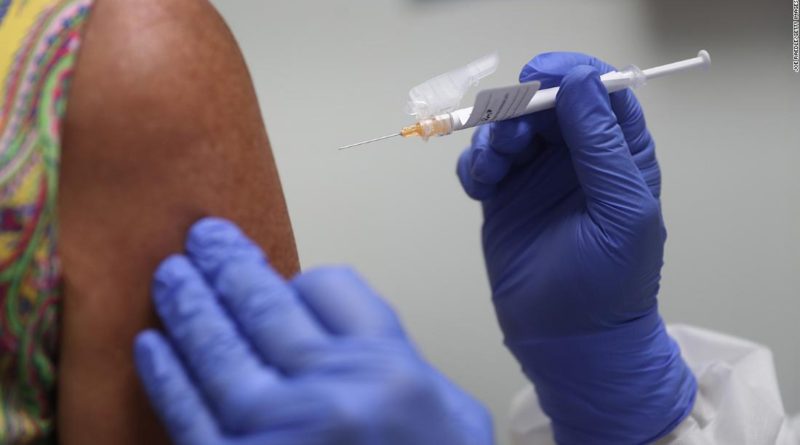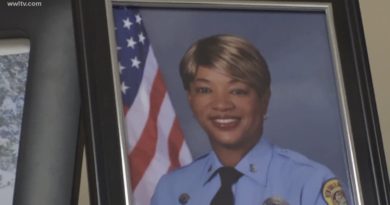Two HBCU presidents joined Covid-19 vaccine trials to highlight the importance of Black participation
Presidents Walter Kimbrough of Dillard University and Reynold Verret of Xavier University sent letters to their university communities earlier this month saying they decided to participate in a Phase 3 trial of a vaccine in development by Pfizer.
“It is of the utmost importance that a significant number of black and brown subjects participate,” they wrote, “so that the effectiveness of these vaccines be understood across the many diverse populations that comprise these United States.”
Health experts have stressed the importance of a diverse pool of volunteers in Covid-19 vaccine trials, especially because the pandemic has disproportionately impacted communities of color.
“I just kept seeing all of the articles that indicated we don’t have good representation,” Kimbrough told CNN. “People are making the case that you don’t know if it works for all populations if you don’t have a robust sample.”
But the response has been largely negative, he said, with some people comparing him to a “lab rat.”
“I think overwhelmingly people are skeptical,” he said.
Kimbrough and Verret acknowledged Tuskegee and other “unethical examples of medical research” in their letter — instances that had undermined “trust in health providers and caretakers” among African Americans.
In an interview on SiriusXM earlier this month, Dr. Anthony Fauci stressed that skepticism from minority communities needed to be met with transparency. He also cited Tuskegee as a big reason for the distrust.
“The track record of how government and medical experimenters have treated the African American community is not something to be proud of,” he said.
‘I completely understand the fear’
One said Baker had “lost her mind.”
“To me it was a wonderful opportunity to be a part of the solution,” she said. “So I just really feel that what needs to happen is, before we get into these vaccine studies, there needs to be some effort made with the minority community to actually explain and acknowledge there is a problem and what’s going on there.”
Verret agreed that Tuskegee and “many other similar events” needed to be acknowledged. But there are “people like myself around the table,” he said, who are asking questions and vetting the trials.
Systemic racism exists in the US, he told CNN’s Brianna Keilar.
“But at the same time, that should not preclude us from making sure that we have access to something that is necessary to save the lives of our people, especially given that African Americans and other people of color are dying and suffering from Covid-19 at disproportionate rates,” Verret said.
Kimbrough said some backlash has stemmed from claims that their letter was a “mandate,” when they only wanted their communities to “just think about it.”
“But it’s hard to tell somebody to think about something you’re not willing to do yourself,” he said.
Kimbrough had his first appointment with researchers on August 25. He had to complete an orientation explaining the trial and each step. He was also given a Covid-19 test using a nasal swab. Then he was given an injection — but he doesn’t know if he received the vaccine candidate or a placebo.
Otherwise, once a week an app on Kimbrough’s phone asks him to complete a survey, detailing how he feels and whether he as any symptoms. He went back for a second injection this week, and will have to go back periodically.
But like Baker, Kimbrough is glad to be doing his part.
“I’m just tired of all this,” he said of the pandemic. “I’m ready to get back to some sense of normalcy and a vaccine will be part of that.”





